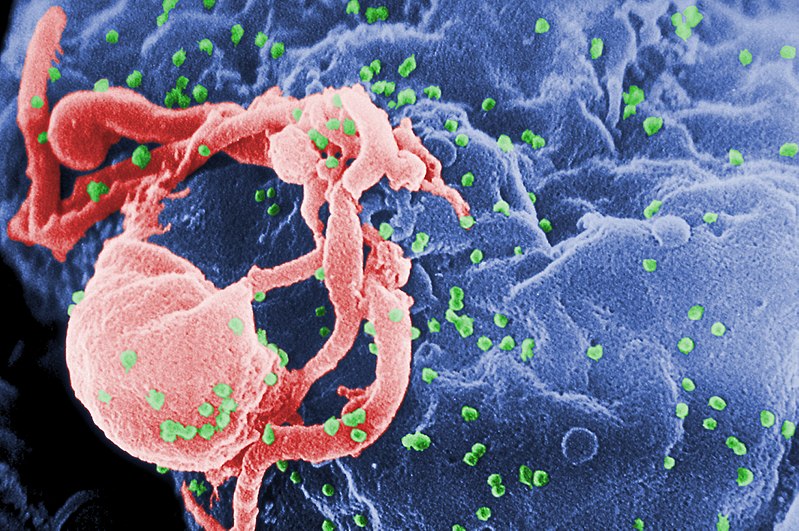KUALA LUMPUR, Sept 12 – Chinese researchers have safely treated a man diagnosed with leukaemia and HIV through gene-edited stem cells.
Bloomberg reported that the case is the is the first detailed report in a major academic journal, which is the New England Journal of Medicine, of how doctors are using the experimental tool CRISPR to manipulate the DNA of a living patient to cure disease.
The patient’s illnesses opened the door for the treatment by researchers at the Peking University Stem Cell Research Center in Beijing.
The man needed a transplant of stem cells to replace the damaged ones that were causing his blood cancer. That procedure also gave them the opportunity to re-engineer a gene called CCR5 in the donor cells to be resistant to HIV.
But while the young man’s cancer, an acute lymphoblastic leukaemia was in remission, his HIV wasn’t cured as only about 5 per cent of his infection-fighting lymphocytes were resistant to the virus, which means he must continue HIV treatment.
“This is a green light for the whole field of gene editing,” Carl June, a pioneer in the use of gene therapy to treat cancer and HIV at the University of Pennsylvania, was quoted saying in an interview.
The case follows last year’s controversial experiment by scientist He Jiankui who used the same CRISPR technology to create the world’s first genetically edited babies, by altering the DNA in two embryos to make the born infants resistant to HIV.
The recent work by Peking University’s Hongkui Deng and colleagues had several key differences from the earlier effort, including the controlled use of gene-editing on only select cells, the patient’s consent and the subsequent publication of the findings.
“We should all hope that this is a significant and powerful advance in scientific research, for if it can be tested safely and ethically — and it surely can — it could transform medicine,” said Laurie Zoloth, a professor of religion and ethics at the University of Chicago.
“The first published paper is quite an historical moment.”








